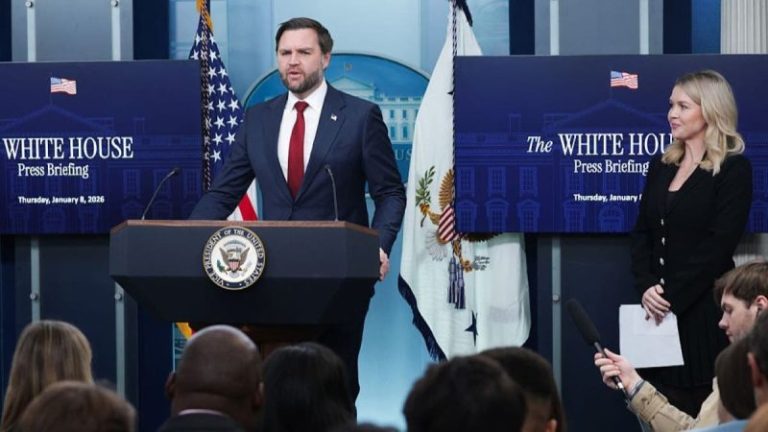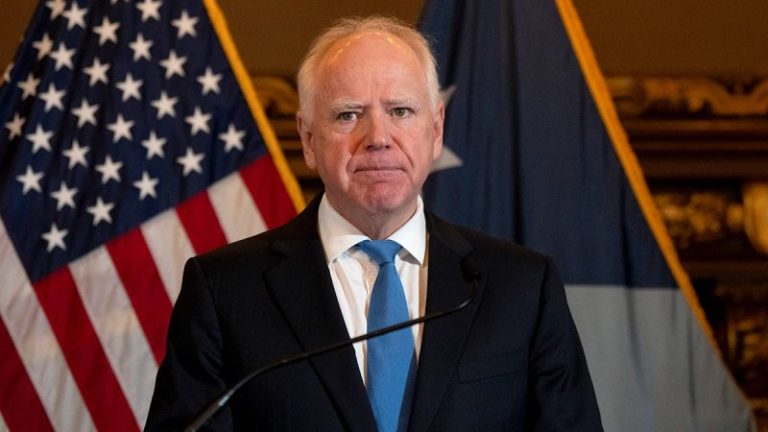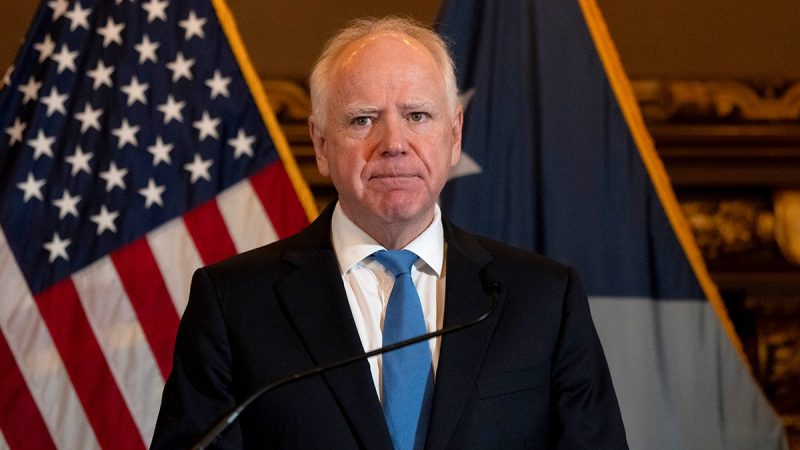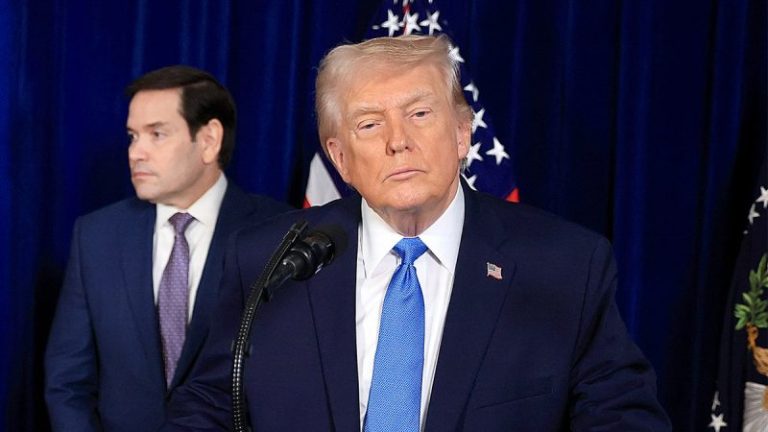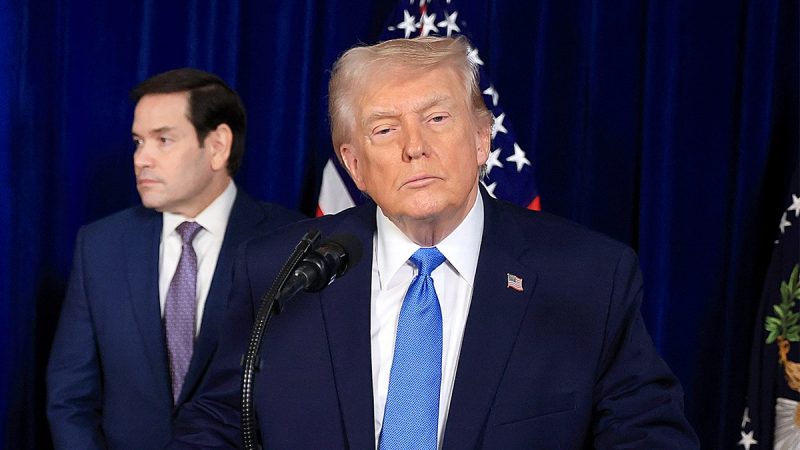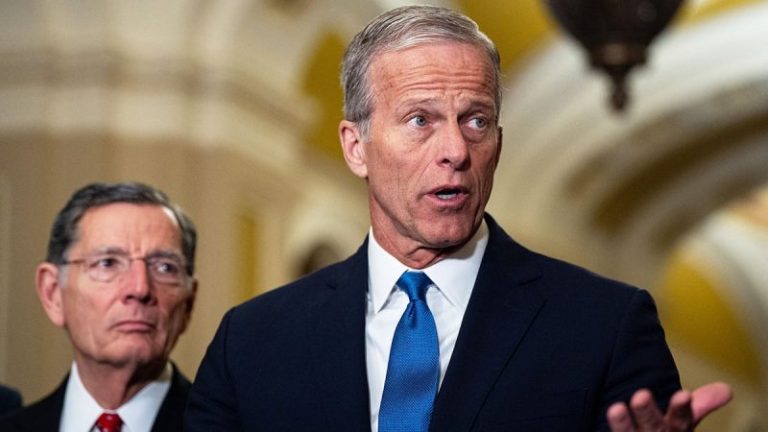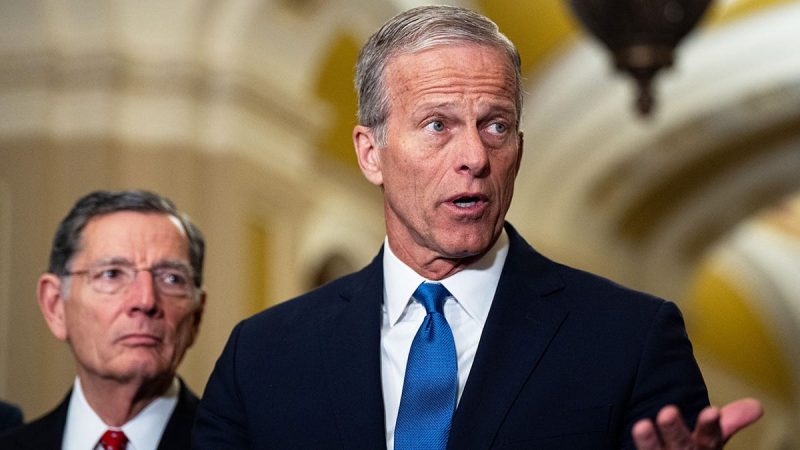
President Donald Trump and the first lady will attend the premiere of Melania Trump’s film, ‘MELANIA’ at the Trump–Kennedy Center in Washington D.C., Jan. 29, Fox News Digital has learned.
Washington is just one of the twenty cities across the nation hosting events ahead of the release of the highly anticipated movie.
‘MELANIA,’ a 104-minute film, is set to hit the big screen globally Jan. 30, appearing in theaters across North America, South America, Asia, Europe, Israel, the United Arab Emirates and more.
But the night before, on Jan. 29, premiere events will be hosted across the nation, as Amazon brings the film to theaters.
Fox News Digital has learned that President Trump and the first lady will attend the premiere event at the newly minted Trump–Kennedy Center in Washington Jan. 29.
Premiere events also will be held in New York; Phoenix; Salt Lake City; Chicago; Miami; San Diego; Nashville, Tennessee; Orlando, Florida; Orange County, California; San Francisco/Palo Alto; Minneapolis; Philadelphia; Denver; Detroit; Kansas City, Missouri; Boston; Austin, Texas; Houston; Las Vegas; Dallas; and Los Angeles.
Fox News Digital has learned that Amazon executives will attend premiere events for the film.
‘History is set in motion during the 20 days of my life prior to the U.S. Presidential Inauguration,’ the first lady told Fox News. ‘For the first time, global audiences are invited into theaters to witness this pivotal chapter unfold — a private, unfiltered look as I navigate family, business, and philanthropy on my remarkable journey to becoming first lady of the United States of America.’
The film takes the audience through the first lady’s life leading up to her husband’s second inauguration — from her home in Trump Tower in New York City, to Mar-a-Lago in Palm Beach, Florida, and behind-the-scenes access in Washington.
Melania Trump first had the idea for the film in November 2024, after President Trump won the election.
Marc Beckman, Melania Trump’s agent and exclusive senior advisor, led negotiations on her behalf with Amazon beginning Nov. 18, 2024.
Fox News Digital has learned that Disney sought to obtain the exclusive rights to the film, as well as Netflix and Paramount. Amazon and MGM had the highest bid, purchasing the license for the film for $40 million — the largest documentary deal in history.
‘I’m honored to be working with Amazon — they’ve been great partners from the minute we started to negotiate the deal, through production and now as we gear up for the film’s release,’ Beckman told Fox News Digital.
‘Speaking of the deal, there has been so much speculation in the press on the bidding and how we ended up with Amazon, that we’re at a point where it’s worth clarifying a few things,’ Beckman said.
First, Beckman told Fox News Digital that some bidders were ‘interested only in a film, and others only in a series.’
‘Amazon ended up bidding on both, and checked all the boxes we were looking for, as they could also deliver a theatrical film release,’ Beckman explained.
Beckman stressed that he negotiated the deal on behalf of the first lady while dealing with ‘all the studios directly.’
‘I’ve seen reporting that Amazon paid nearly three times the nearest other bid, and that’s just false,’ Beckman said. ‘It was an incredibly competitive bidding process with multiple rounds of bids.’
Beckman added: ‘Yes, Amazon had the highest bid, but they also bid on the most product — series and film.’
Filming began in December 2024. The film is executive produced by Trump and Fernando Sulichin of New Element Media, with Brett Ratner of RatPac Entertainment serving as director.
The film itself is produced in a ‘highly cinematic’ way. Sources familiar with the production told Fox News Digital that the first lady did not want the film to look like a documentary, but rather an ‘elevated film.’
Fox News Digital has learned that the first lady was involved ‘in every aspect’ of the film — from her ‘creative vision,’ to working as a producer on the film and to ensuring the post-production marketing is executed properly. Fox News Digital has learned that the first lady has been very ‘hands on’ from start to finish.
‘She is giving the audience unprecedented access to her life — and to any first lady’s life — during this 20-day period,’ a source familiar with the planning of the film told Fox News Digital.
Fox News exclusively obtained the trailer in December 2025, which opens with the first lady walking into the U.S. Capitol rotunda ahead of her husband’s second inauguration. She looks to the camera in her now-iconic inauguration outfit, and says: ‘Here we go again.’
The trailer jumps from the first lady and president at the inauguration; to standing together outside of Mar-a-Lago; behind-the-scenes of the inauguration showing Barron Trump and Melania Trump’s father; to a series of images of the first lady; Air Force One; the presidential seal and more.
The famous Metro Goldwyn Mayer (MGM) lion roars and takes over the screen.
The trailer then shows Melania Trump entering a room where President Trump stands at a podium during a meeting and is rehearsing a speech.
‘My proudest legacy will be that of peacemaker,’ Trump said.
The first lady breaks in and says: ‘Peacemaker and unifier.’
The trailer shows the first lady getting out of a vehicle, sporting a pair of black stiletto boots, and jumping to the East Wing residence, where she stands in her stunning white and black inaugural ball gown, and smiles at the camera.
The trailer invites the audience to ‘witness history in the making.’
The trailer also shows the first lady reviewing materials with staff and more.
It cuts to a scene of Melania Trump asking a security detail, ‘Is it safe?’ and the agent confirming, ‘It is safe,’ before the film cuts to sirens and the motorcade driving through a city.
’20 days to become first lady of the United States,’ the trailer says.
‘Everyone wants to know,’ Melania Trump says. ‘So here it is.’
The trailer ends with Melania Trump calling ‘Mr. President’ to say ‘congratulations.’
‘Did you watch it?’ President Trump says over the phone.
‘I did not. Yeah, I will see it on the news,’ Melania Trump says.
The launch of the film comes a year after the release of her first-ever book, ‘Melania.’ The memoir presents an intimate portrait of Melania Trump and includes personal stories and family photos she had not previously shared with the public.
‘Melania’ has been at the top of The New York Times’ best sellers list since its release to the public.
Upon the release of the memoir in 2024, the first lady told Fox News Digital that writing her story was ‘an amazing journey filled with emotional highs and lows.’
‘Each story shaped me into who I am today,’ she said. ‘Although daunting at times, the process has been incredibly rewarding, reminding me of my strength, and the beauty of sharing my truth.’
‘Melania’ is the first lady’s first book. She released the original book along with a special collector’s edition that includes photos hand-selected by the first lady, many of which she photographed herself, of her home and of various trips she has taken around the world.
This post appeared first on FOX NEWS


